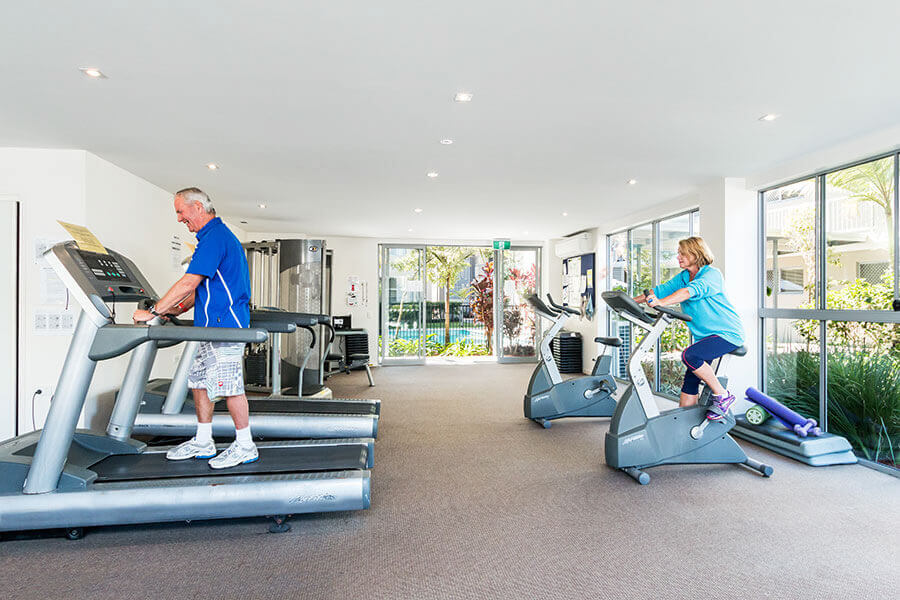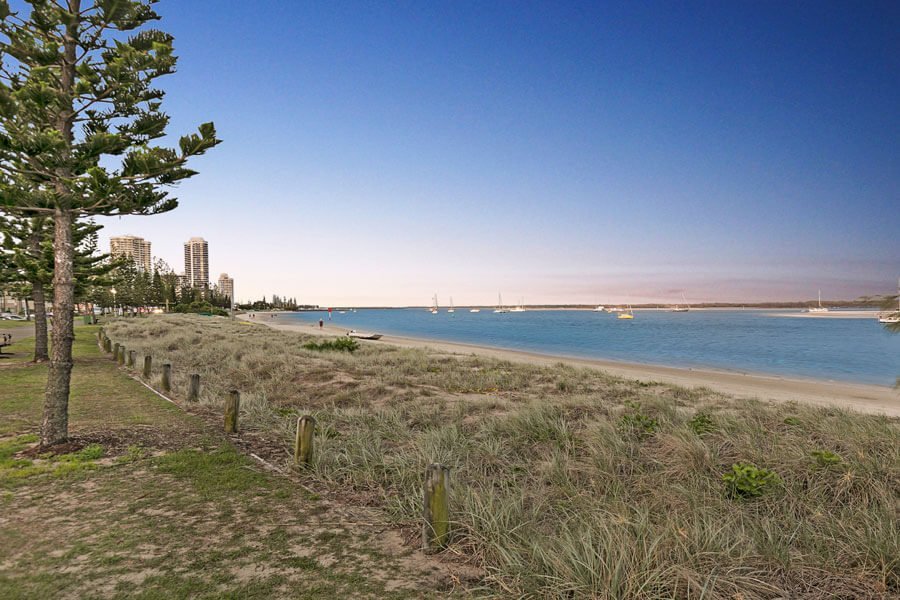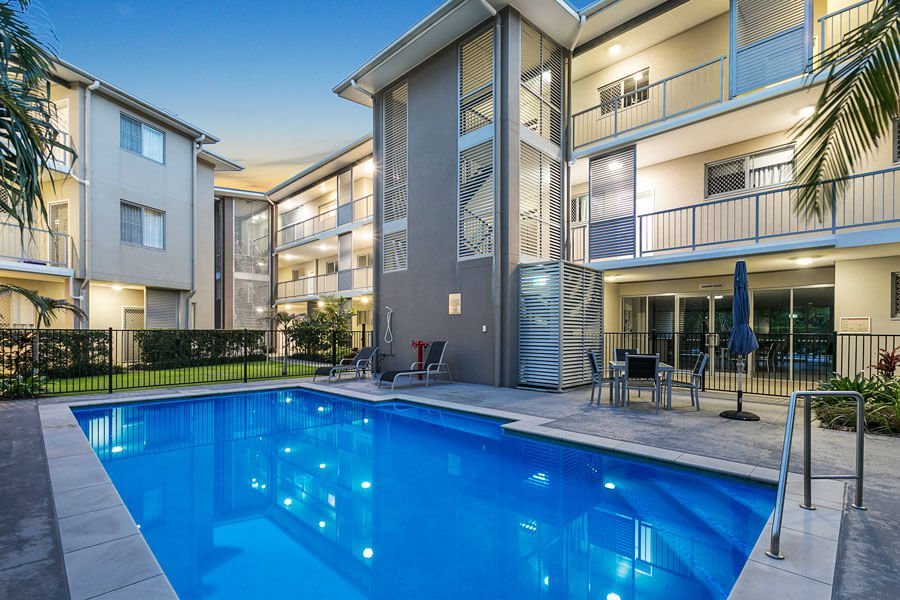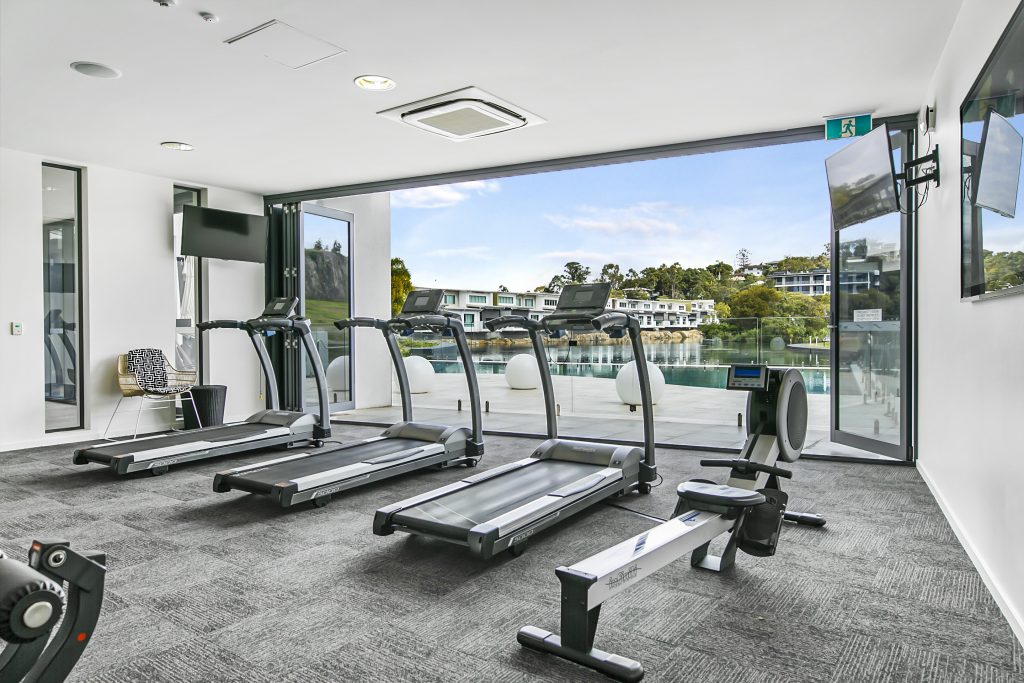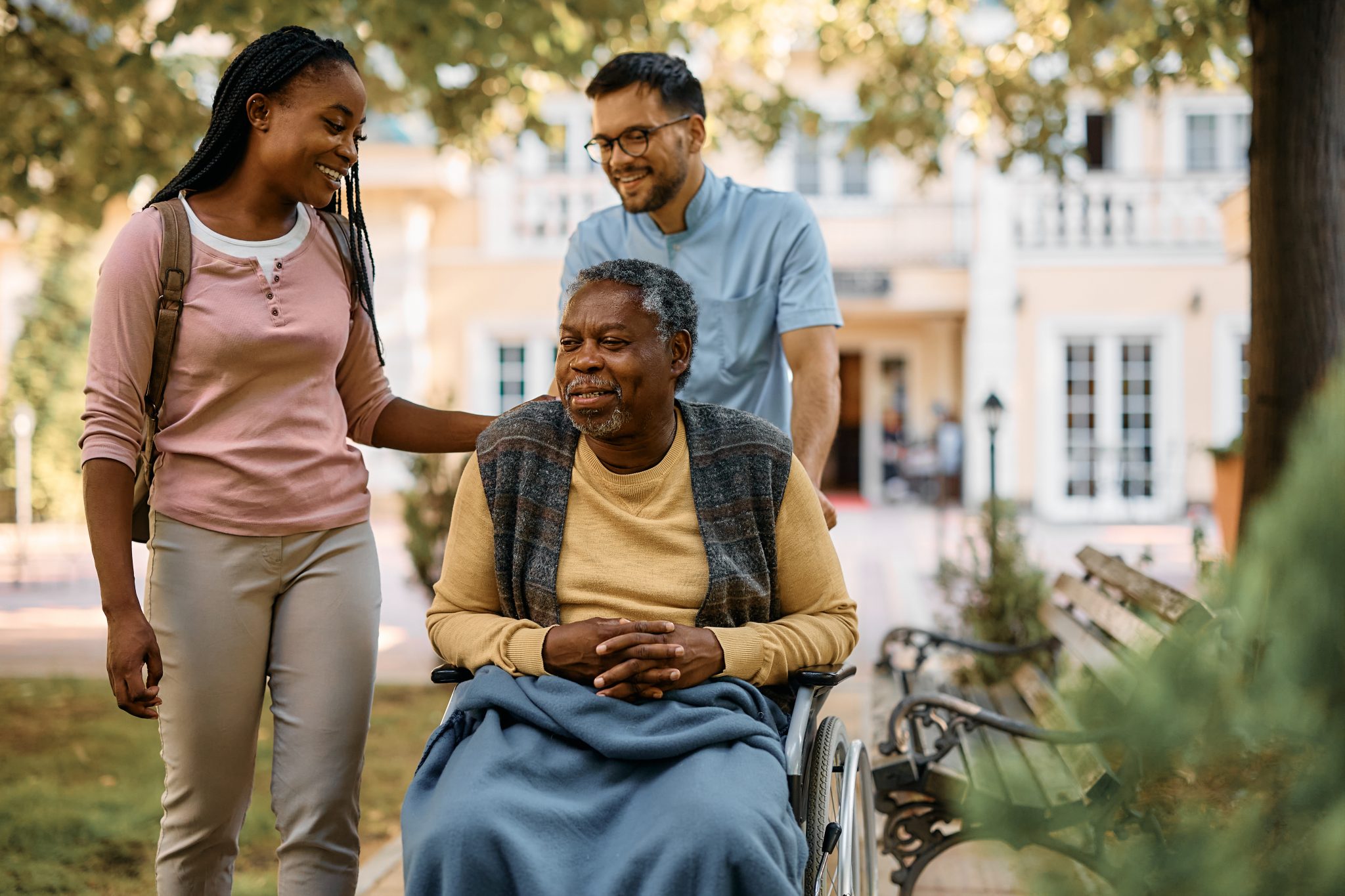While many of us set health goals with the best intentions, if they’re not enjoyable and achievable, you are doomed to fail. This is disheartening to say the least! But the good news is, that there is another way where the odds are stacked in your favour.
No matter your age, stage of life, or level of fitness, doing small things consistently can have a significant positive impact on your health, wellbeing and enjoyment of life. The secret is to find an activity you enjoy, start small, and build on it. When you keep it simple, achievable and commit to consistent effort, you will feel better and be motivated to do more—and it will get easier!
So, to give you some tips and ideas to get started, in this article we’re sharing 3 simple but effective ways to stay physically fit in retirement. We’ve also included some interesting ways to mix them up and keep it interesting, so even if you’ve tried it before, read on for some new inspiration!
Walking
Adding a daily walk to your routine is a fantastic way to introduce more activity into your life. And while you may be thinking this far from exciting, there are actually endless possibilities when it comes to your daily walk. You can add variety by changing your route to something new—even walking on the other side of the road or circling the block in the opposite direction can introduce different visual interest and vary the terrain and contours you encounter. Of course, taking a completely new route will keep things interesting too, and you might try mixing it up with two or three different options you can choose from each week.
Another tip is to vary the time of day you head out, as the world looks quite different at dawn, midday and dusk. You could also include a trip further afield to explore a new place once a week or every month. Walking amongst nature will add to your enjoyment and can boost your mood, whether it’s a walk around a lake, through the bush or along the beach. And for those days when the weather is bleak (although if you’re in Queensland it doesn’t happen often), you can complete your walk indoors on a treadmill while listening to your favourite music or podcast. If you have your own you can do it at home, or if not joining a gym could be an option—or if you’re living in a Retirement Community, you will likely have a gym on-site just outside your door!
Swimming
When it comes to low impact but highly effective activities, swimming is right up there as a great choice for all ages. Like walking, it doesn’t have to be restricted to a repetitive routine like laps either (although many people find swimming laps highly enjoyable or even therapeutic—if that’s you, keep it up!).
There are actually lots of ways to vary your time in the water, including taking a class such as water aerobics or varying your strokes. Even walking through water will strengthen your muscles, plus, you’ll burn more calories than you would on land. If you have your own pool in your backyard or within your Retirement Community, be sure to make use of it. If not, you can visit the local pool or even the ocean, depending on what’s accessible to you.
Strength Training
In mentioning weights, we‘re not suggesting you pump iron by any stretch! But incorporating light weights into your activities can bring a multitude of added benefits to your health and fitness. These include increased bone density, muscle strength and balance to name a few. You could find a suitable class at the gym or online which incorporates strength training or work with a trainer to create a program using the machines to suit your ability and level of health. You could even add weights to your daily walk, ideally by using a weighted vest.
Seek Advice to Find What Works for You and Go For It
While starting your fitness journey can seem overwhelming, and continuing requires effort and commitment, the benefits to your health, lifestyle and state of mind are well worth it.
BUT, before you start any type of exercise, be sure to talk to your doctor to discuss your individual circumstances and needs. The advice given in this article is of a general nature only, and should not be seen as a substitute or replacement for professional medical advice. By seeing your physician or other health professional first, you set yourself up to achieve the best results.
If you would like to find out more about our Retirement Community accommodation and facilities, please get in touch! You can contact us on 07 3360 9000.

